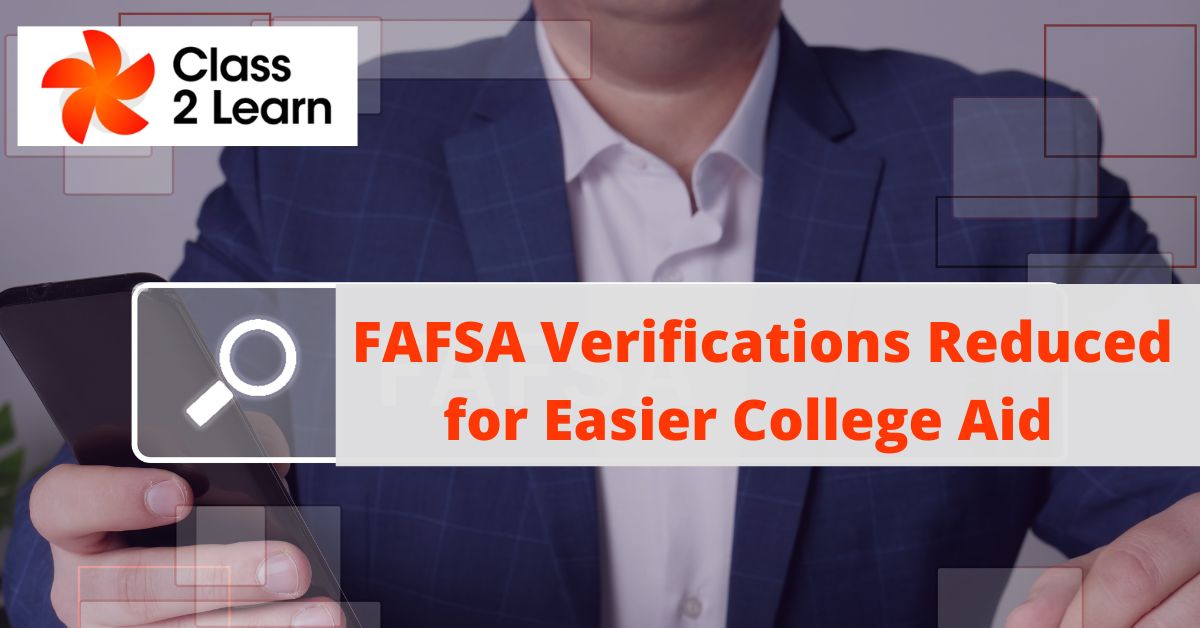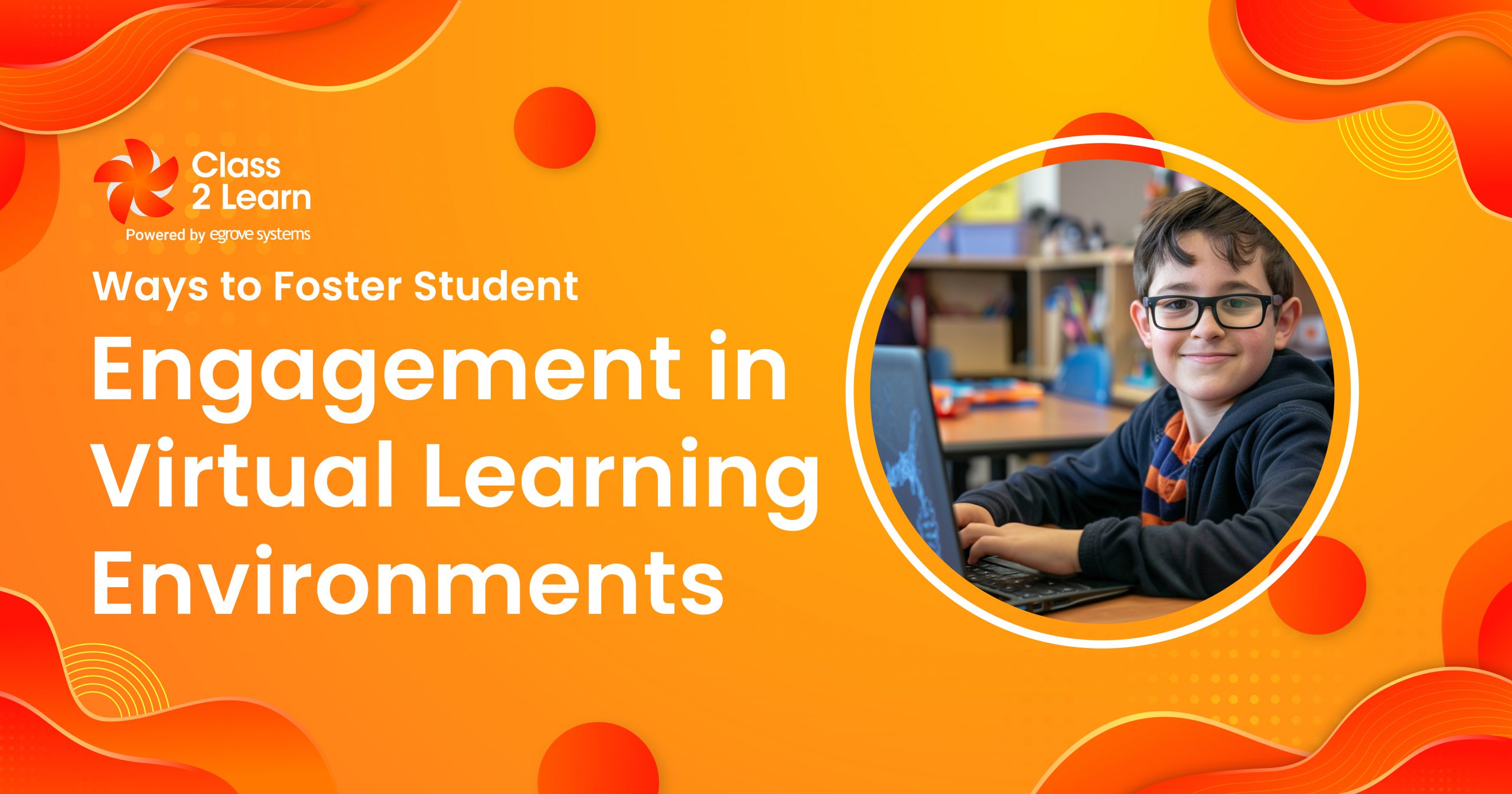Applying for financial aid for college can be one of the most stressful and complicated parts of the college admissions process for high school students and their parents. Applications for grants, scholarships, loans, and other forms of financial aid can add up to a large amount of work, and it’s hard to know in advance whether they will pay off.
The federal FAFSA is extremely important to complete, but verifications of low-income students can pose obstacles to them. Now the federal Department of Education has announced that it is reducing some of the verification processes, making it easier for such students. This could make an impact on helping students stay in school.
Why is the FAFSA so Important?
The most popular method for US college students to apply for financial assistance is the Free Application for Federal Student Aid (FAFSA). To assess eligibility, students must disclose information about their own and their parent’s income. To be eligible for various federal financial help programs, FAFSA must also be submitted by a certain date. It’s a good idea to check to see if pertinent state deadlines are coming as the FAFSA may need to be completed as early as October of the application year and in the spring of the senior year of high school.
FAFSA Verification: What is it?
FAFSA verification is a process where the Department of Education audits FAFSA applications to determine if the information given by students is accurate. However, this audit usually requires students to give additional documents and can be extremely difficult if their financial situation is complicated and their parents aren’t able to help.
If students don’t provide additional documentation when requested, they could lose their financial aid including Pell grants, scholarships, and loans. Low-income students are vulnerable to this for two reasons: they and their parents may have unstable financial situations without access to documents, and they are heavily dependent on the FAFSA for access to financial aid to be able to attend college. Combined, they are more likely to suffer from an unfair audit of their FAFSA.
While fraud is a concern, the verification process can be hard for students who have done nothing wrong, and their situation may be tough to resolve. According to the Washington Post, the rate has been as high as 38% of FAFSAs getting flagged in 2012. During the pandemic, the number of students who completed a FAFSA dropped by 5% despite efforts to raise the number, according to US News. This may show that fewer young people are trying to raise money for college, or they didn’t receive support from their schools while learning remotely.
FAFSA Reducing Audit Requirements
As a temporary measure, the Department of Education announced in July that it would be relaxing the use of the verification process. In 2021-2022 and onward, they will look to reduce the number of students who will be audited for their FAFSA. The Washington Post reported in July that fewer students would be targeted now, even below an 18% target set in December 2020. This move is aimed to boost college attendance, especially at community colleges, since the pandemic caused many prospective students to be less willing to attend.
This move is currently temporary as a result of the pandemic, but it may continue in the future as verification is a frustrating process that blocks students from receiving financial aid if they can’t provide the right documentation. The Department of Education still aims to use it to block identity theft and fraud from affecting the process of giving out federal student aid.
With less fear of audit, it’s hoped that student enrollment will rise in recovery from the pandemic, especially as high school and college advisors can help students with difficult financial situations. Students can reach out for help on their FAFSA at studentaid.gov here. Financial aid makes a huge difference in applying to colleges and getting scholarships, so it’s essential to complete the FAFSA promptly.





Add comment